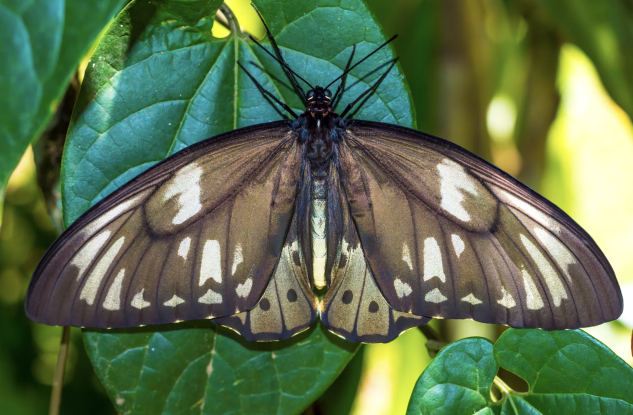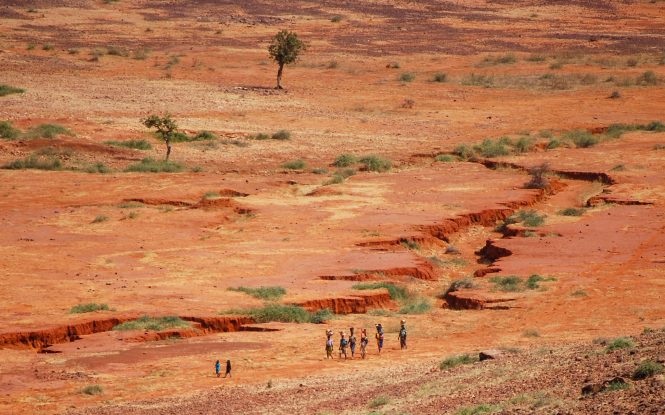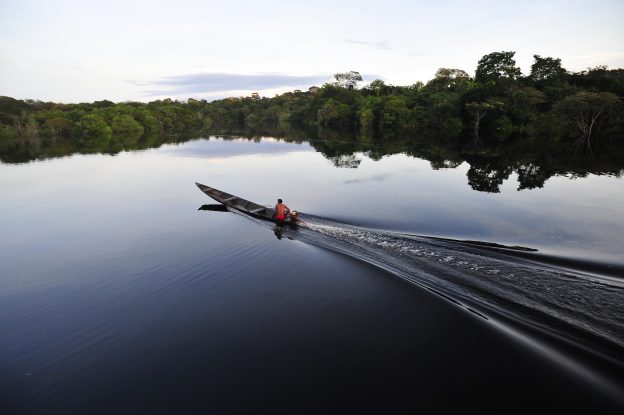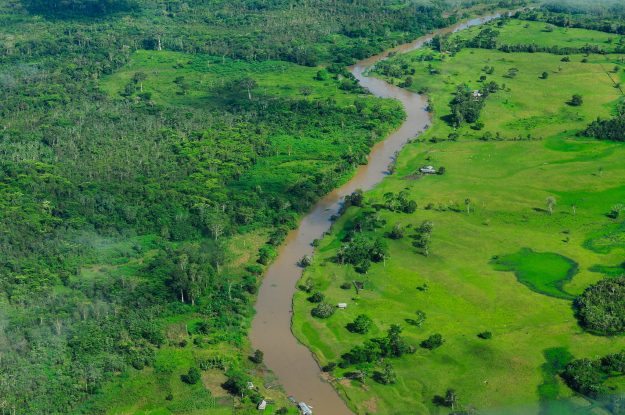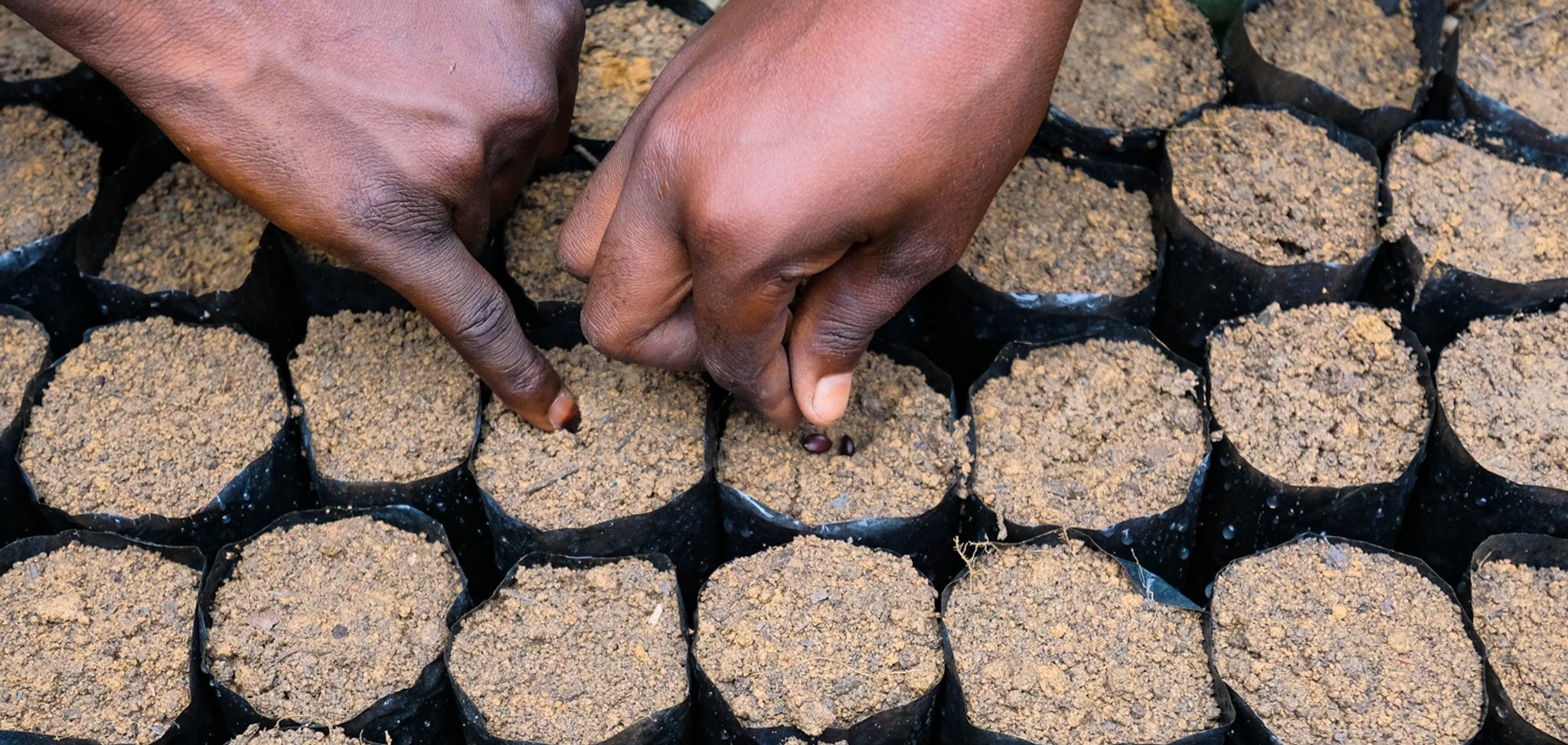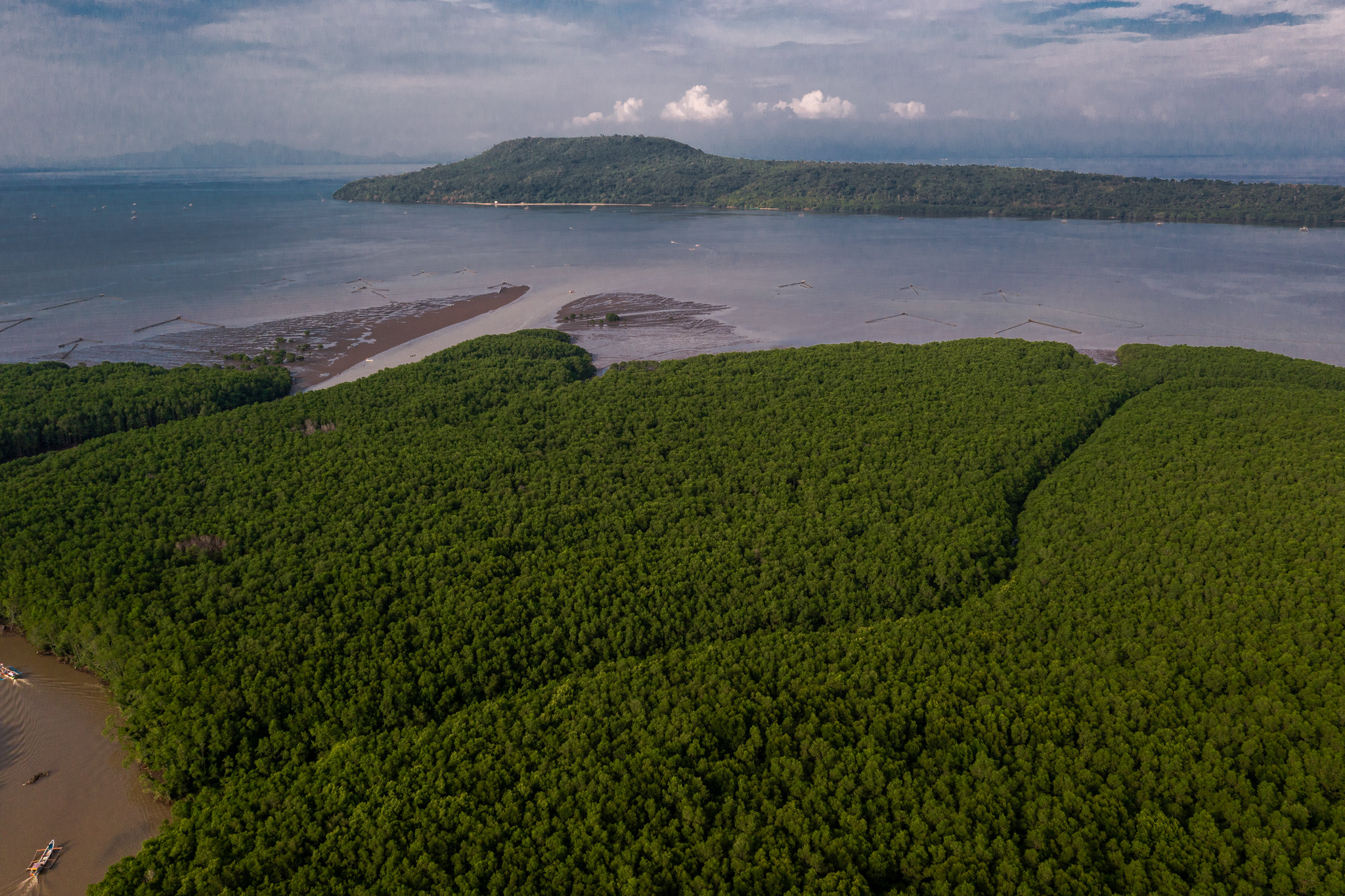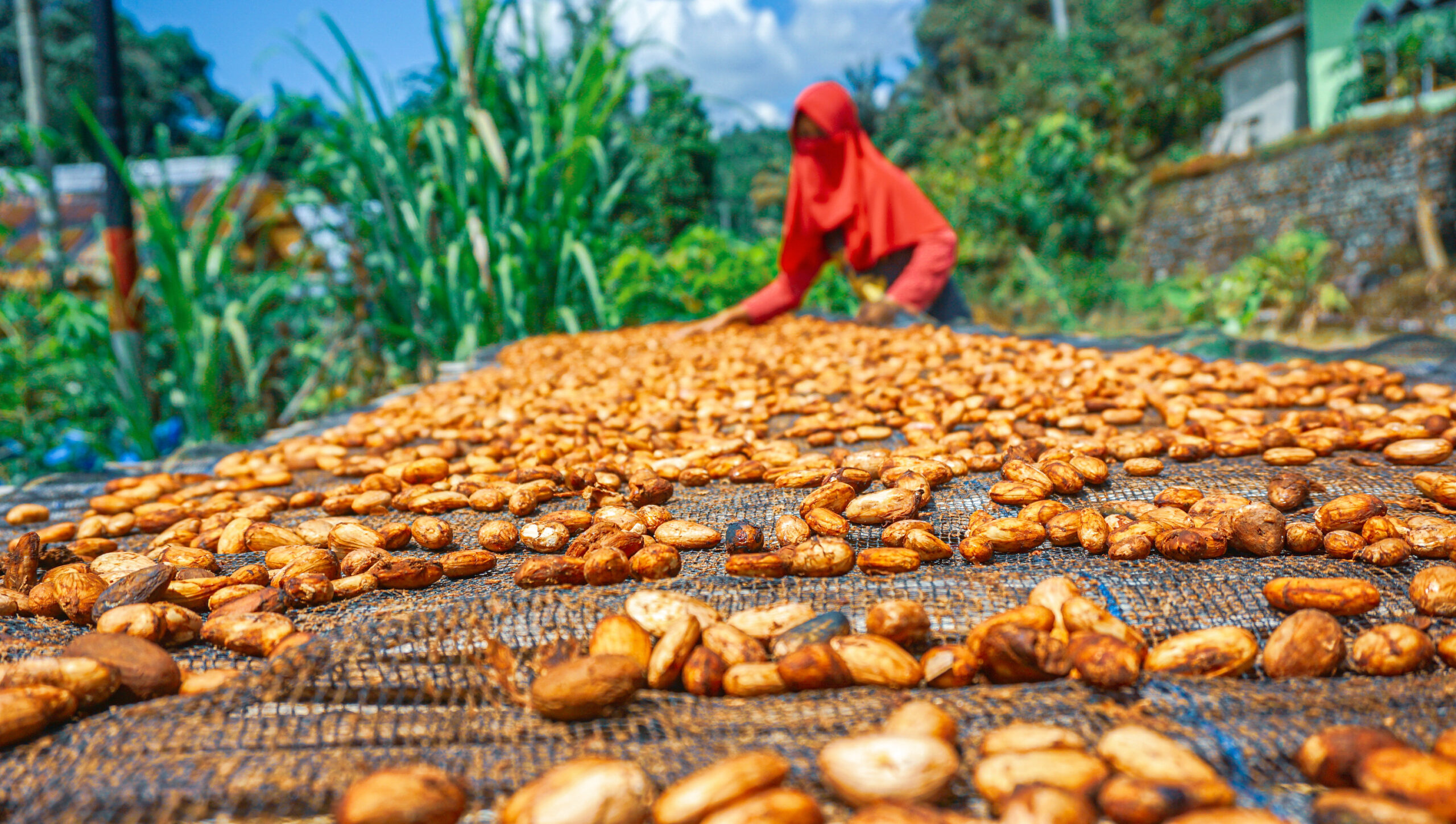A path-breaking report with that title by Andy White and Alejandra Martin from Forest Trends goes a long way towards answering that question. The report pulls together data from 24 of the 30 countries with the most forest. Together those 24 countries account for 93% of the world’s forests.
Globally, governments claim to own and administer 77% of all forests. This includes large areas of forest that local communities manage without official recognition. Communities and indigenous people formally own 7% of the forests and officially administer an additional 4% that governments have reserved for them. Individual landowners and private companies own the remaining 12%.
Forest ownership varies markedly between countries. In Canada, Guyana, Indonesia, Malaysia, Myanmar, Russia and all of Central Africa governments own more than 90% of the forests and have handed over large portions of them to private companies in the form of forest concessions. In Eastern and Southern Africa governments also own most of the forest but have given out few forest concessions. Private individuals and companies own over half of the forest in Argentina, Australia, Finland, Sweden, and the United States. Communal or cooperative ownership predominates in China, Mexico, and Papua New Guinea. In developing countries generally, indigenous people and local communities own or officially manage 22% of all forests, compared to only 3% in developed countries.
Over the last fifteen years, the forest area that communities and indigenous people own and administer has more than doubled. It now stands at over 380 million hectares – an area almost seven times the size of France. The eight countries of the Amazon Basin now recognize indigenous people’s rights to territories covering over 100 million hectares. Countries as diverse as Australia, Canada, Malaysia, Russia, and the Philippines have recently taken major steps in the same direction. Community forest management has also gained official recognition in a number of South Asian and Southern African countries.
These days it is looking less likely that the meek will inherit the earth. But they still might inherit the forests.
